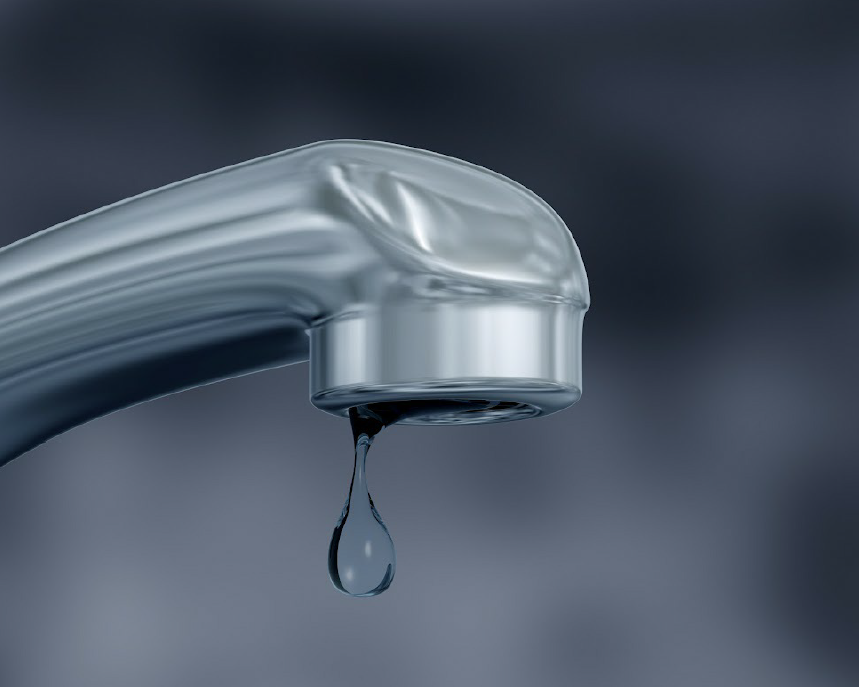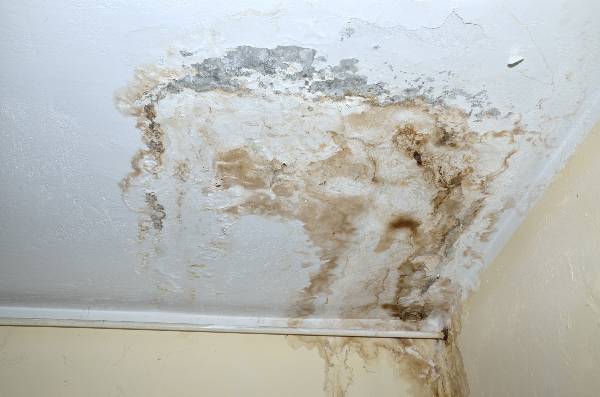We've discovered this post pertaining to Locating water leaks below on the internet and concluded it made perfect sense to talk about it with you here.

Early discovery of leaking water lines can mitigate a prospective disaster. Some little water leaks might not be visible.
1. Check Out the Water Meter
Inspecting it is a surefire method that aids you find leakages. If it relocates, that indicates a fast-moving leak. This indicates you might have a slow leak that might also be below ground.
2. Examine Water Consumption
Evaluate your water costs and also track your water consumption. As the one paying it, you ought to notice if there are any disparities. If you detect sudden changes, despite your consumption being the same, it indicates that you have leakages in your plumbing system. Remember, your water bill should fall under the same variety each month. An abrupt spike in your bill indicates a fast-moving leak.
A constant rise every month, even with the exact same practices, shows you have a slow leak that's also gradually rising. Call a plumber to completely inspect your residential property, specifically if you feel a warm location on your flooring with piping underneath.
3. Do a Food Coloring Test
When it comes to water consumption, 30% comes from commodes. If the shade somehow infiltrates your dish throughout that time without flushing, there's a leakage between the storage tank and dish.
4. Asses Exterior Lines
Don't forget to inspect your outdoor water lines as well. Should water leak out of the link, you have a loosened rubber gasket. One little leak can squander tons of water as well as surge your water expense.
5. Evaluate and Evaluate the Scenario
Property owners need to make it a practice to inspect under the sink counters and even inside cabinets for any type of bad odor or mold and mildew growth. These two red flags suggest a leakage so prompt attention is required. Doing routine examinations, also bi-annually, can conserve you from a major issue.
If you know your home is already old, keep a watchful eye on your heaters, hose pipes, pipes etc. Check for stainings and also weakening as many appliances and pipes have a life expectancy. They will certainly also normally wear away as a result of tear and also put on. If you think dripping water lines in your plumbing system, don't wait on it to escalate. Call an expert plumber today so you don't wind up with a dreadful mess in your house.
Early discovery of leaking water lines can mitigate a possible catastrophe. Some little water leakages might not be noticeable. Inspecting it is a surefire way that helps you find leaks. One little leakage can waste heaps of water as well as surge your water bill.
If you presume dripping water lines in your plumbing system, do not wait for it to escalate.
Signs You Have a Hidden Plumbing Leak
Damaged floors, walls, or ceilings
Water-damaged floors, walls, and ceilings are often warped, sagging, drooping, or covered in stains. You might also notice that the paint is chipping off of your walls due to water coming into contact with and separating the paint from the wall surface.
Extra-green patches of grass
Because pipes are often underground, it is not uncommon for a leak to affect your lawn. If you find that a certain area of your grass is growing faster than other areas of your lawn, there might just be an underground leak.
Higher-than-usual water bills
If your water bill is much too high each month, and it doesn’t seem to match up with your actual water usage, something is definitely up with your system.
Continuously running meter
Your water meter should not be running all of the time. If you turn off all running water in your home and your water meter still shows that water is running, there is a leak somewhere in your system.
https://www.smithsplumbingservice.com/blog/2020/may/signs-you-have-a-hidden-plumbing-leak/

I hope you liked our part about Hacks to detect leaks. Thanks so much for taking time to read our post. If you appreciated our post plz be sure to pass it around. Thanks for going through it.
Comments on “Just how to Examine If Your Home Has a Concealed Leakage”